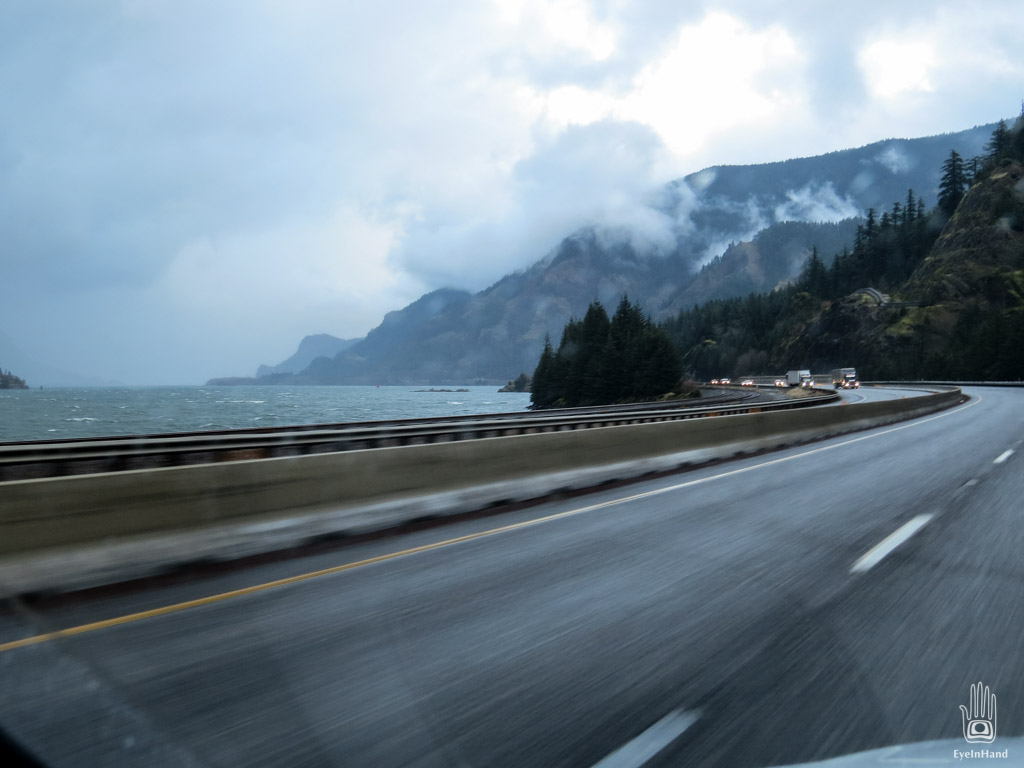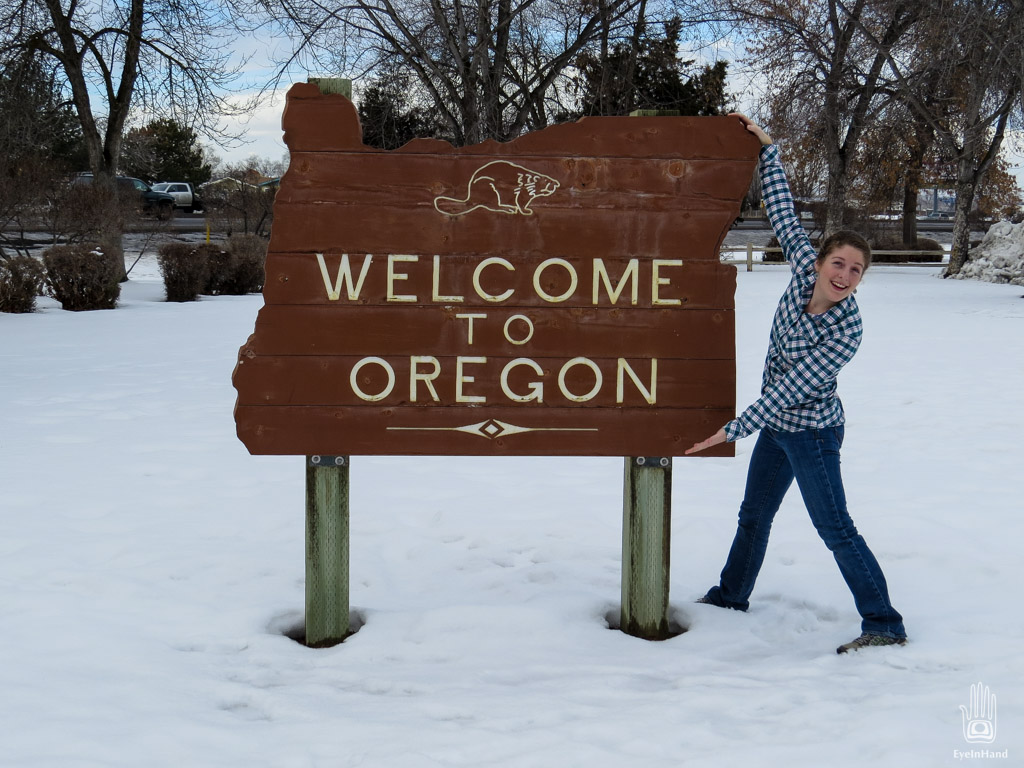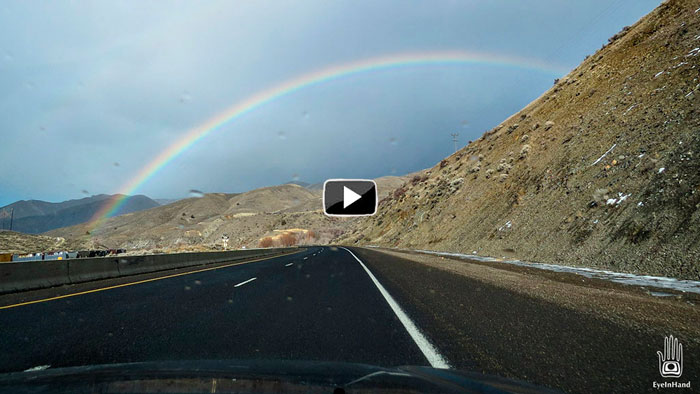 Deal Island Skipjack in Wenona Harbor
Deal Island Skipjack in Wenona Harbor
It’s only 10 miles from Crisfield to Deal by water, but it will take most of an hour to drive there. The edges of the shore are deeply frayed. Water and land trade places back and forth so often it’s hard to tell which is which. To get around the ingresses of water, you have to go miles inland all the way to 13, make a short jog north, then one turn and head back out again. On the way, you cross over broad expanses of beautiful open marshes, places not quite land and not quite water.
The place names here have a curious history of their own. On the way to Deal Island is Dames Quarter, where we’ll launch later today. The original name was Damned Quarter or Quarter of the Damned. Deal Island, not far beyond, was originally Devil’s Island. The grim names allude to a time when they were havens for some very rough characters who preyed on shipping up and down the Bay. Appropriately enough, the only thing separating The Devil from The Damned is a place called Chance.











